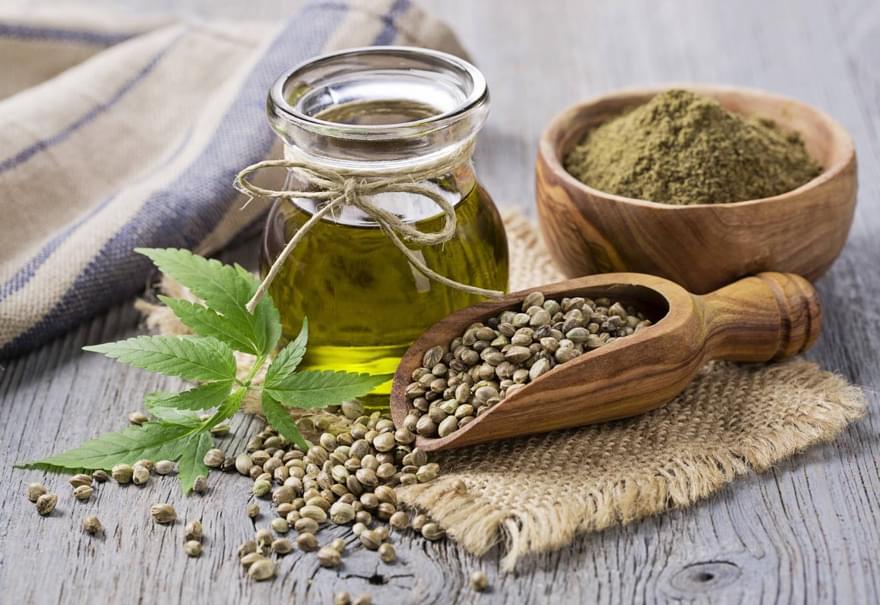
Hemp Seed - A Powerhouse of Health for Your Dog
Guest Blog: Anna Webb
Hemp seed and hemp seed oil are a powerhouse of health that's good for the planet, biodiversity and your dog. Find out why here.
Leaky gut syndrome is a digestive condition. Inflammation in the intestines cause damage to the mucosal barrier, larger gaps start to appear in the intestinal wall. This allows bacteria and other toxins to pass into the bloodstream.
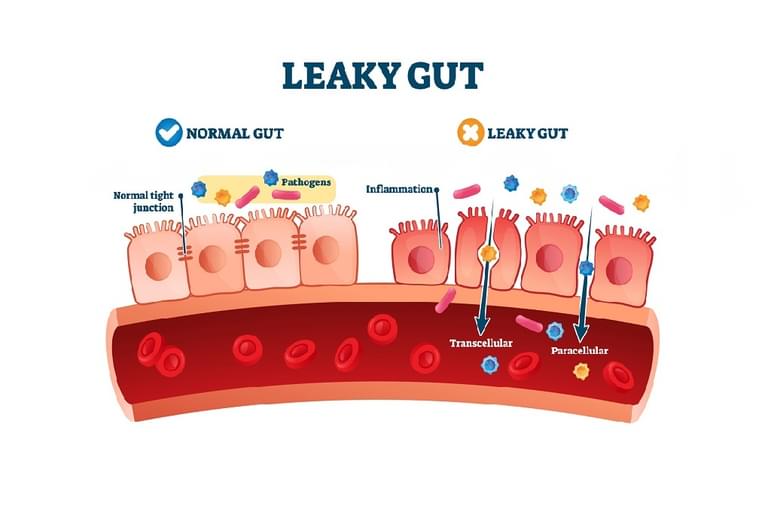
Leaky gut syndrome in dogs is a digestive condition. Inflammation in the intestines cause damage to the mucosal barrier (which is maintained by intestinal microbiota) and larger gaps start to appear in the intestinal wall. This allows bacteria and other toxins to pass into the bloodstream. In a healthy dog, the intestines have small gaps called 'tight junctions' that allow water and nutrients to pass through while blocking harmful substances. When damage occurs, the tight junctions become loose. This increased intestinal permeability allows bacteria, toxins and undigested food particles to pass from the gut, into the blood stream. This can cause widespread inflammation and possibly trigger a reaction from the immune system. See Allergies and Intolerances. This is commonly referred to as “leaky gut.”
Leaky gut can cause many symptoms, the underlying cause is often missed by vets:
The damage that eventually leads to leaky gut syndrome is almost always directly linked to dysbiosis, an overgrowth of bad bacteria that disrupts the healthy microbiome. Good gut flora is completely out numbered. The lack of good bacteria interferes with digestion, absorption, and elimination. A balanced microbiome is essential for the health of the digestive system. The good bacteria in a healthy microbiome helps to digest food, regulate the immune system and protect against pathogens and other bacteria that cause diseases.
The digestive system, is constantly under attack from the harmful substances such as:
All of the harmful substances mentioned above, have an extremely detrimental effect, stripping the gut of good bacteria. Sadly, leaky gut is so often undiagnosed, only the symptoms are treated. This becomes a viscous circle. Treatments for the many different symptoms only serve to do more damage. The healthy and essential balance is continually disrupted, leading to more damage of the mucosal barrier.
If you have any concerns, it is important to seek advice. A qualified holistic vet or pro raw canine nutritionist should be contacted.
Once correctly diagnosed by a vet, leaky gut is treatable and totally reversible in the vast majority of cases. The first step is to stop doing whatever it is that is causing it! Next, it is essential to restore your dog's microbiome. There are many things that disrupt and destroy a healthy microbiome, poor diet, medication and stress are the main offenders. Dogs don’t respond well to processed, genetically modified foods like wheat, corn, and soy. It plays havoc with their digestive system. Many prescribed medications destroy healthy gut flora completely.
How to restore balance to the microbiome and digestive system:
Feed your dog a natural raw diet. Incorrect feeding is one of the main factors in causing leaky gut. Feeding processed food that is full of grain, additives, and other nasties, contributes to increased gut inflammation. Dogs are carnivores, they have evolved to eat a natural diet of meat, offal and bones. A raw diet is 100% natural and highly digestible. As such it is totally hypoallergenic. Eating natural whole food is what your dog's digestive system is designed for. Bone broth is very beneficial. It is incredibly nutritious and as it is a liquid, it does not tax the digestive system at all.
Make sure your dog does not come into contact with chemicals, pesticides, household bleach and other cleaners. Chemical flea, worm and tick treatments should also be avoided. Some shampoos can totally strip your dog of its healthy skin microbiome, this creates an environment for bad bacteria to thrive and yeasty infections often follow. Dogs like to lick and will then ingest the residue left on their coats. There are plenty of natural and holistic options to choose from. Please see our Non-Foods section for some natural alternatives. Wormers are not necessary unless your dog actually has worms. Any vet that recommends the routine use of chemical wormers, without actual proof that your dog has worms should be questioned. It is very easy to check for worms, simply take a stool sample and send it of for testing. We recommend using Wormcount.
Stress is another huge factor in your dog’s gut health. Separation anxiety, lack of exercise, boredom, lack of mental stimulation, being left alone for long periods etc, all have an impact. Your dogs basic needs must be met. Good food, cuddles, plenty of exercise, play, snuggles on the sofa, are all important to keeping your dog healthy and happy. If you are going out, leave a radio on or a relaxing play list on a bluetooth speaker. If you are extremely stressed, your dog will pick up on it and may become anxious. Raised stress levels in your dog will affect their digestive system.
Stainless steel or ceramic bowls (make sure that ceramic bowls are certified for food use and are coated with a lead-free glaze) are best. Plastic bowls can harbour germs and excrete dangerous toxins. Plastic bowls may contains harmful chemicals including Bisphenol A or BPA, a synthetic estrogen frequently used to harden plastics and known to cause cancer, heart disease, diabetes and impaired brain function. Phthalates are another group of chemicals used to make plastic more flexible and resilient and they have been linked to diseases such as asthma and cancer.
Almost all medications, be it an anti-inflammatory, steroid or antibiotic, will introduce toxins into your dog that can have a harmful effect on their gut lining. Vaccinations should be minimal, yearly boosters are not needed. Antibiotics should be avoided unless absolutely necessary. They may be effective in killing bad bacteria, but they kill all the good bacteria too. This strips the gut of its healthy microbiome, seriously damaging the healthy balance needed to protect the digestive system. Read up on how to use holistic and natural remedies for minor health issues. Seek advice for a holistic vet.
Research natural and holistic remedies. Pro biotics such as kefir or live yogurt can help to introduce good bacteria back into your dog's gut. A good soil based pro biotic will help too. Allow your dog to eat a raw bones in the garden. The living soil is the Earth's most valuable ecosystem, ingesting some soil will really help to repopulate the gut with healthy biodiverse bacteria. Bentonite or green clay can help to promote good bacteria and flora in your dog's gut. These clay's have antibacterial and anti-inflammatory properties and are excellent at combating dietary toxins. Good gut health is vital to recovery from Leaky gut.
We strongly advise that you see a vet to diagnose any health issues your dog may be suffering from. The suggestions made here should only be used in conjunction with a canine nutritionist or veterinary diagnosis.
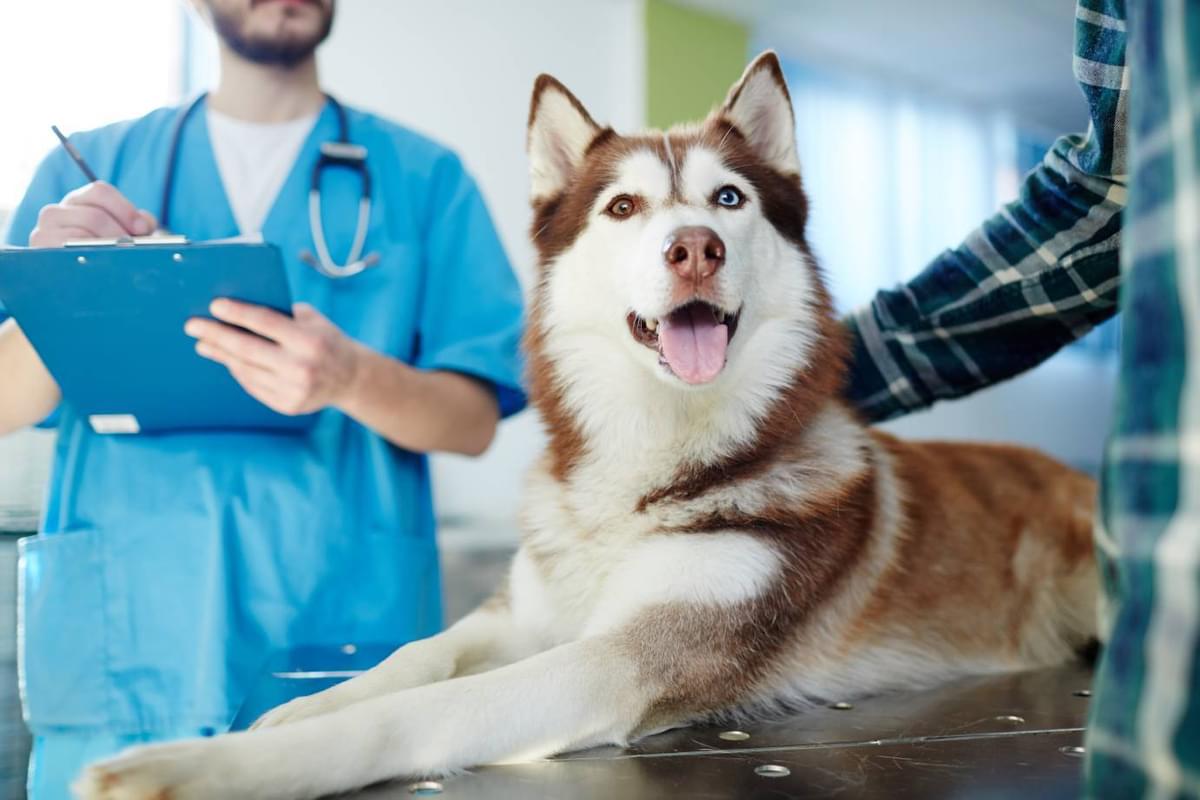

Guest Blog: Anna Webb
Hemp seed and hemp seed oil are a powerhouse of health that's good for the planet, biodiversity and your dog. Find out why here.
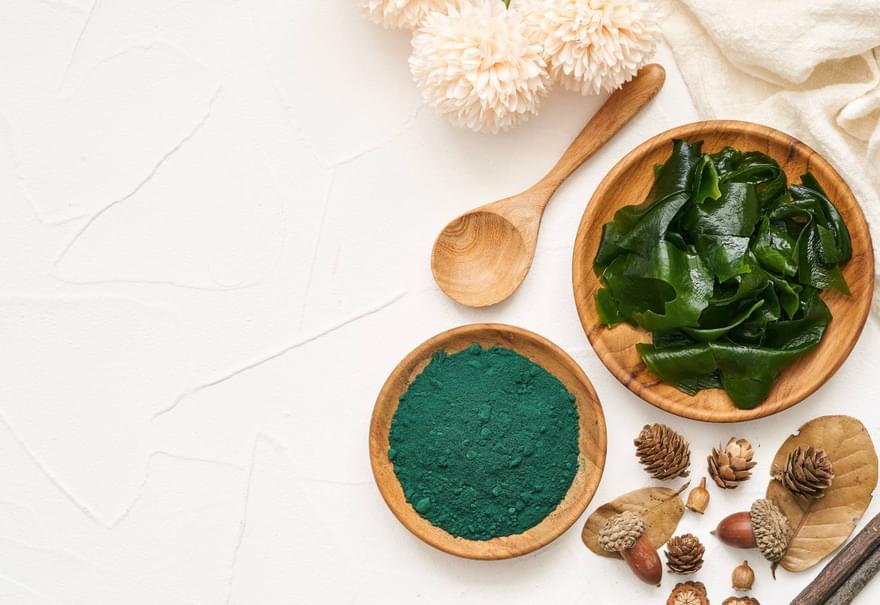
Guest Blog: Anna Webb
Sea vegetables help sustain ecosystems, boost the planet’s oxygen supply, could these ‘veggies’ be good for dogs?
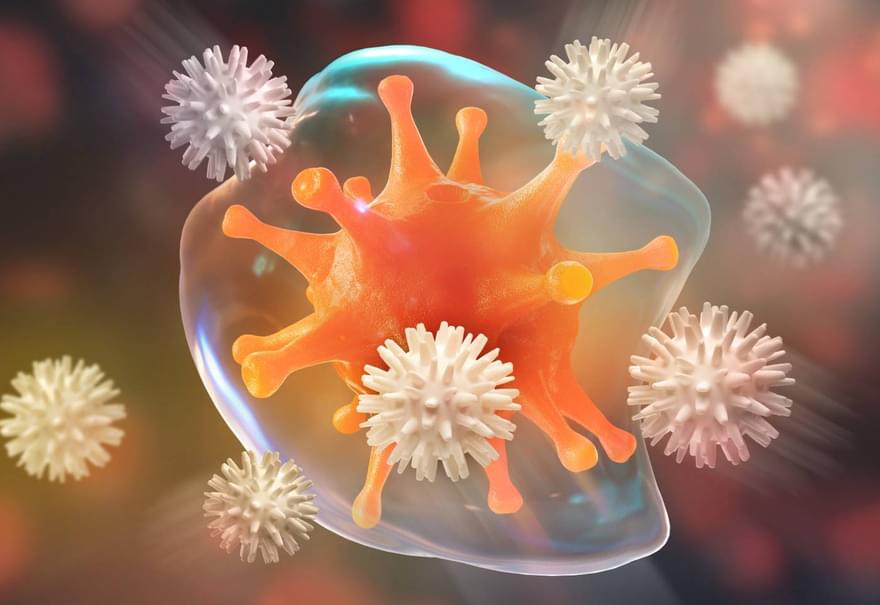
Your dog's body is a sophisticated arrangement of organs, cells and proteins all tasked with safeguarding the body from infections. So what is the best way to support this unique system?